New Delhi, June 12, 2025: Greenply has successfully planted over 50 million trees across India, a milestone that reflects the company’s dedication to restoring and enriching the nation’s green cover. Building on this achievement, Greenply is now targeting the next ambitious milestone of 100 million plantations by 2028, underscoring its long-term vision for a greener future.
Taking the vision forward under its Green Rise initiative, Greenply has actively involved influencers in the plantation drive. By planting saplings on behalf of the architects, the company not only increases tree numbers but also nurtures meaningful social impact, with proceeds supporting community welfare programs in regions like Tizit, Nagaland.
Greenply has extended its environmental efforts to engage the wider public. Seed kits have been distributed to trade partners and influencers. In addition, Greenply launched an interactive online tool that enables individuals to calculate their ecological footprint and discover how many trees they should plant annually to offset their lifestyle impact, empowering everyone to contribute to environmental preservation.
In a major product-linked commitment, Greenply introduced the ‘One Tree Plant for One Plysheet Sold’ promise, where one sapling is planted for every plywood sheet sold. This initiative allows customers to directly support the brand’s environmental mission, turning every purchase into a positive ecological action.
"At Greenply, we believe that business success and environmental responsibility must go hand-in-hand. Our Green Vision reflects this commitment — not only to plant millions of trees but to nurture a sustainable future for generations to come. Crossing 50 million plantations is a proud milestone, and we are excited to set our sights on 100 million by 2028. Together with our partners, customers, and communities, we are building a greener tomorrow,” said Manoj Tulsian, CEO & JMD, Greenply Industries Ltd.
Greenply is equally committed to sustainability within its manufacturing operations. Its plants in Vadodara, Kriparampura, Rajkot, and Sandila are adopting cleaner production methods. The Vadodara plant meets over 50% of its energy needs through renewable sources and operates coal-free boilers, while the Sandila facility utilizes electric forklifts and EV-charged vehicles to reduce emissions. Across its plants, the company is investing in biofuel-powered boilers, solar and wind energy, water recycling systems, and electric mobility, steadily minimizing its environmental footprint.







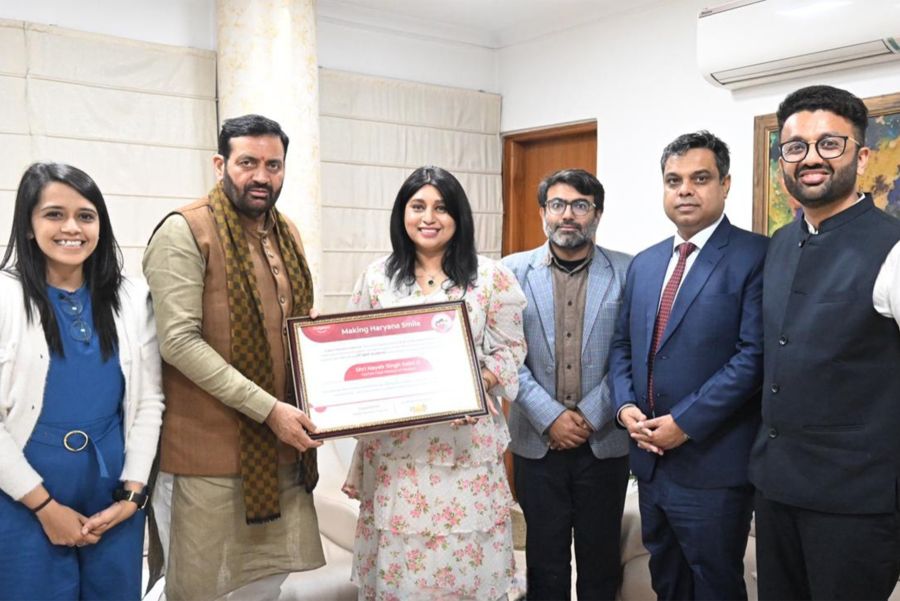
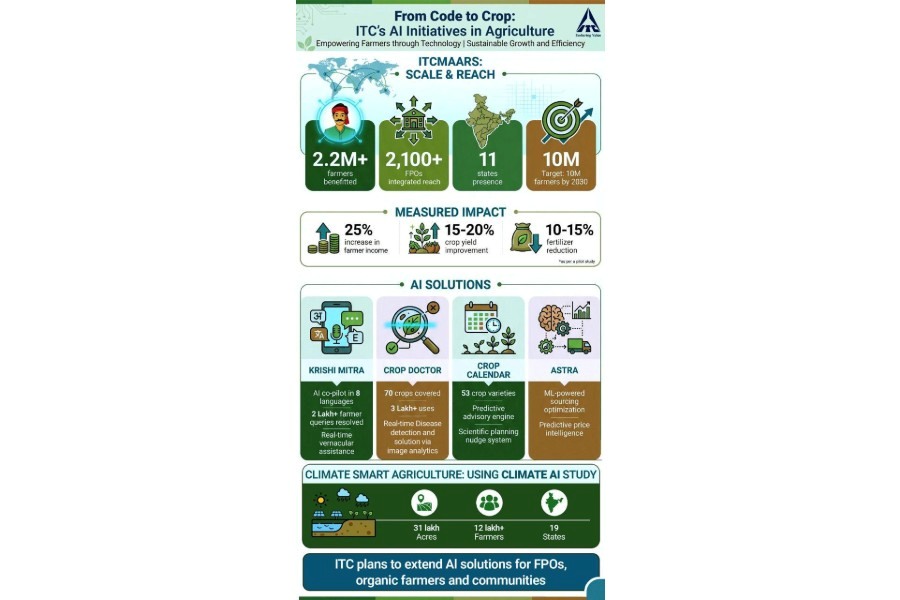
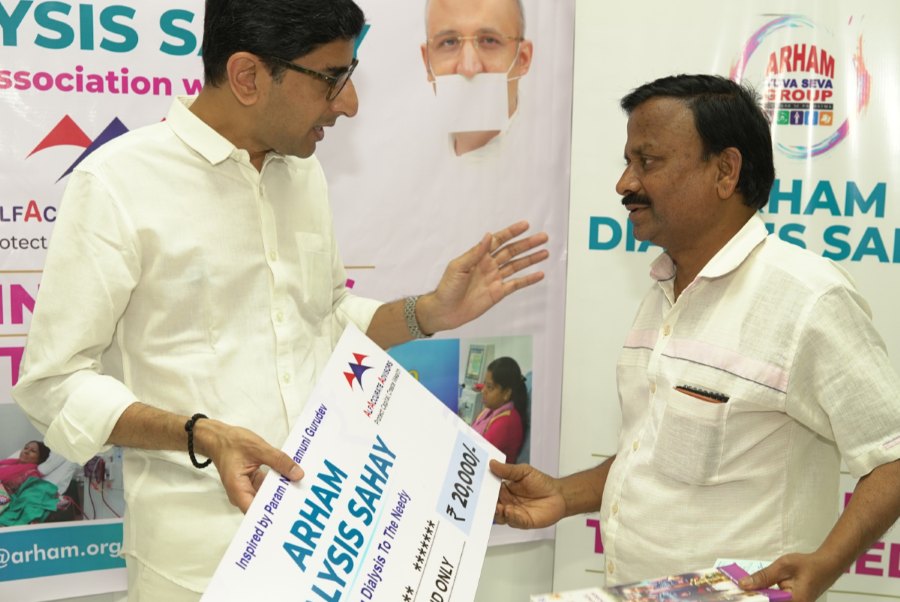
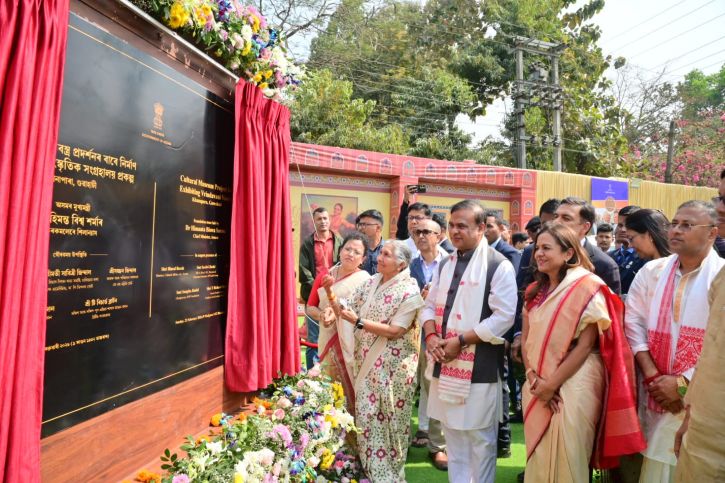
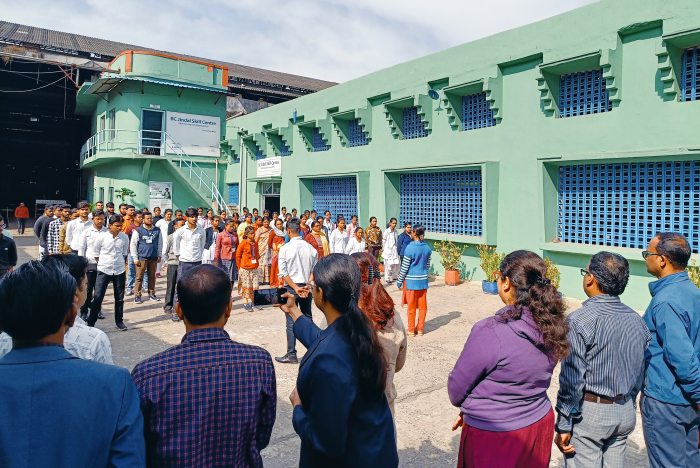
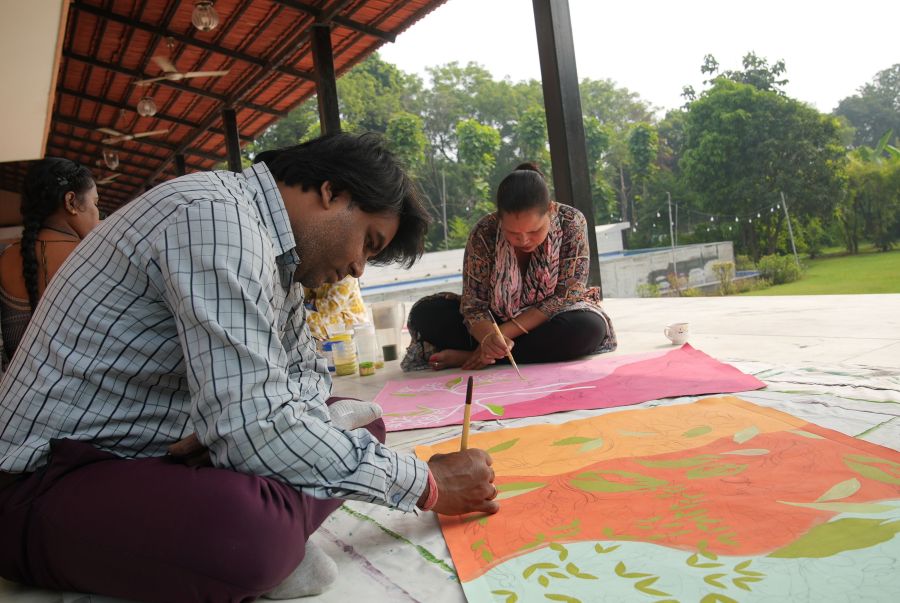
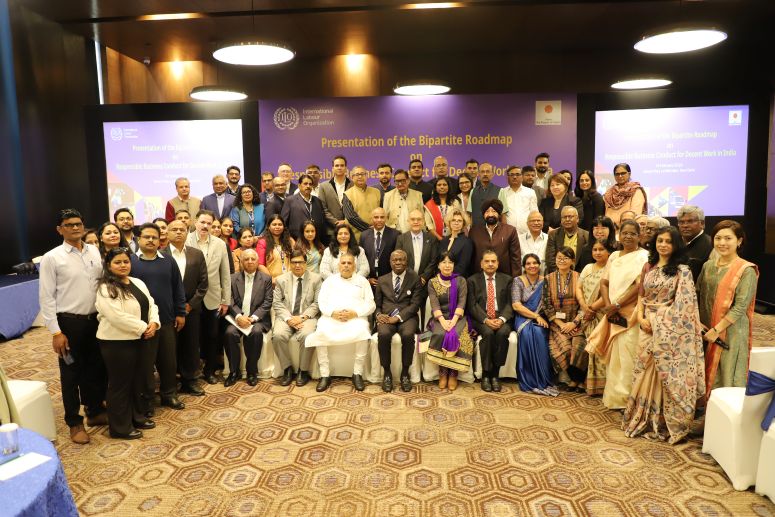







.jpg)



